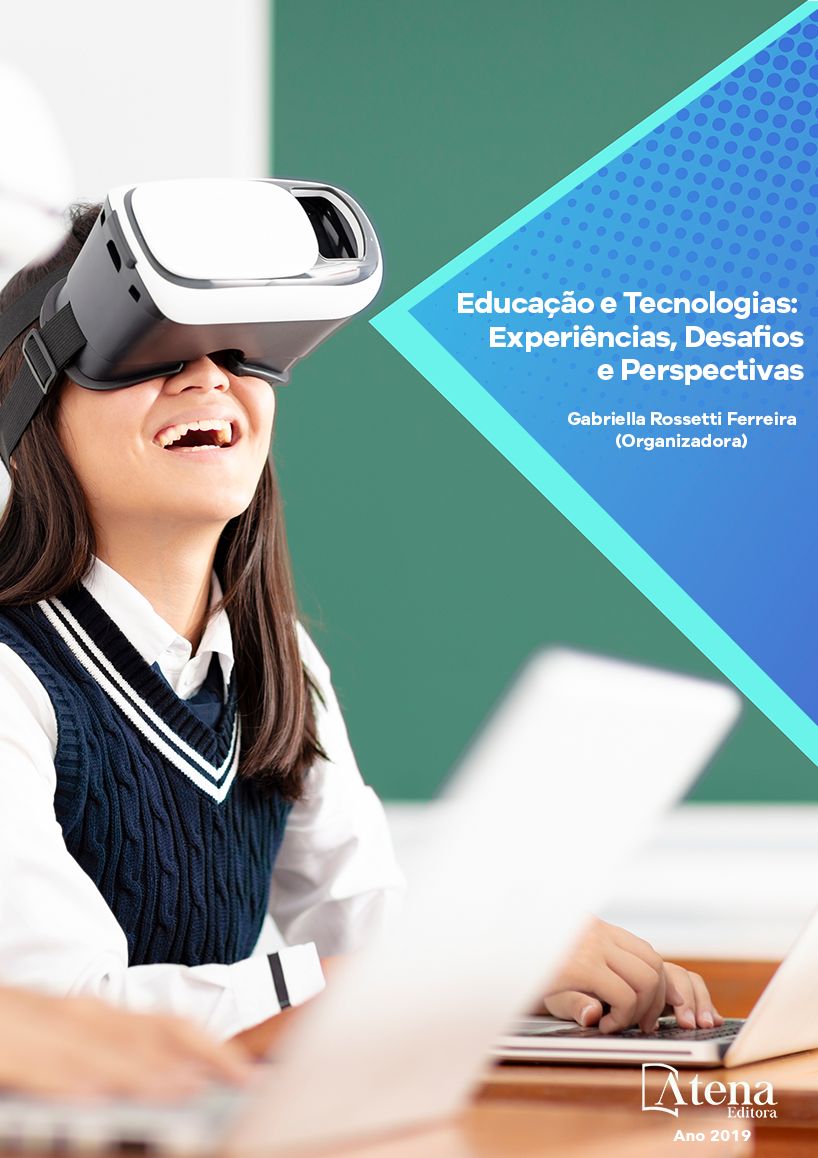
IDENTIDADE DOCENTE NA EAD: REPRESENTAÇÕES DE PROFESSORES-TUTORES
Esse artigo apresenta os
resultados da pesquisa realizada no período
de agosto/2014 a julho/2015, sujo objetivo
foi investigar como é constituída a identidade
docente dos professores tutores que atuam em
cursos de graduação, ofertados na modalidade
de educação a distância, desenvolvidos numa
instituição federal de ensino conveniada à
Universidade Aberta do Brasil. Através da análise
formativa e profissional destes professores,
utilizando para esse fim questionário, buscouse,
compreender como o conjunto de saberes
oriundos das experiências vivenciadas articulase
na construção da identidade docente. Além
disso, discutiu-se a necessidade de superar a
visão fragmentária do processo pedagógico
que, em muitos casos, “destitui” os tutores
da atuação docente, cabendo essa tarefa e
status aos chamados professores formadores,
o que traz sérias implicações para as relações
estabelecidas e, sobretudo, para o processo
formativo de novos professores. Os resultados
apontam a necessidade de investimento na
formação dos profissionais e de fomentar o
planejamento coletivo e colaborativo das ações
pedagógicas, envolvendo todos os agentes
envolvidos com a atividade docente. A pesquisa
foi financiada pelo Instituto Federal de Alagoas,
através do Programa Institucional de Bolsas de
Iniciação Científica (PIBIC), edital PRPI/IFAL Nº
02/2014.
IDENTIDADE DOCENTE NA EAD: REPRESENTAÇÕES DE PROFESSORES-TUTORES
-
DOI: 10.22533/at.ed.71519170414
-
Palavras-chave: Educação a distância. Identidade docente. Professores tutores.
-
Keywords: Distance education. Teaching identity. Teacher tutors
-
Abstract:
This article presents the results
of the research carried out from August / 2014
to July / 2015, the objective of which was to
investigate how the teaching identity of the
tutors who work in undergraduate courses
offered in the distance education modality
developed in an institution of the Brazilian
Open University. Through the formative and
professional analysis of these teachers, using
a questionnaire for this purpose, we sought to
understand how the set of knowledge derived
from the lived experiences is articulated in the
construction of the teaching identity. In addition,
we discussed the need to overcome the
fragmentary vision of the pedagogical process
that, in many cases, “removes” the tutors from
the teaching performance, with this task and
status being assigned to the so-called teacher
educators, which has serious implications for
established relationships and, above all, for
CAPÍTULO 14
Capítulo 14
Educação e Tecnologias: Experiências, Desafios e Perspectivas Capítulo 14 161
the training process of new teachers. The results point out the need to invest in the
training of professionals and to promote the collective and collaborative planning of
pedagogical actions, involving all the agents involved with the teaching activity. The
research was financed by the Federal Institute of Alagoas, through the Institutional
Program of Scientific Initiation Scholarships (PIBIC), PRPI / IFAL public announcement
No. 02/2014.
This article presents the results
of the research carried out from August / 2014
to July / 2015, the objective of which was to
investigate how the teaching identity of the
tutors who work in undergraduate courses
offered in the distance education modality
developed in an institution of the Brazilian
Open University. Through the formative and
professional analysis of these teachers, using
a questionnaire for this purpose, we sought to
understand how the set of knowledge derived
from the lived experiences is articulated in the
construction of the teaching identity. In addition,
we discussed the need to overcome the
fragmentary vision of the pedagogical process
that, in many cases, “removes” the tutors from
the teaching performance, with this task and
status being assigned to the so-called teacher
educators, which has serious implications for
established relationships and, above all, for
the training process of new teachers. The results point out the need to invest in the
training of professionals and to promote the collective and collaborative planning of
pedagogical actions, involving all the agents involved with the teaching activity. The
research was financed by the Federal Institute of Alagoas, through the Institutional
Program of Scientific Initiation Scholarships (PIBIC), PRPI / IFAL public announcement
No. 02/2014.
-
Número de páginas: 15
- Rosana Loiola Carlos
- ELAINE DOS REIS SOEIRA


